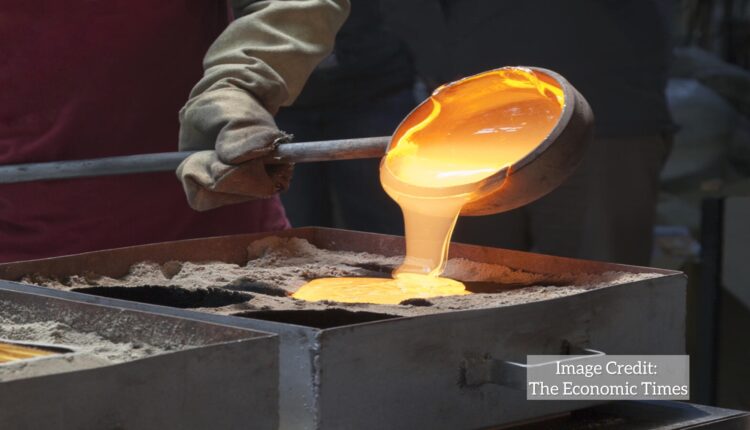In a strategic move to assert greater control over its most valuable natural resource, the Republic of Mali has partnered with the Russian Federation to construct a state-of-the-art gold refinery in its capital, Bamako. This marks a significant shift in Mali’s mining policy and deepens its geopolitical ties with Moscow, signaling the West African nation’s broader intent to reclaim sovereignty over its gold value chain.
Overview of the Project
The upcoming refinery, announced in early 2025, will be built through a collaboration between Mali’s transitional government and Russian state-backed firms. The facility is expected to have a refining capacity of over 200 tons of gold annually, positioning Mali as a regional powerhouse in gold processing.
Construction is set to begin in the second half of 2025, with a projected completion timeline of 18 to 24 months. The facility will be equipped with cutting-edge technology, including advanced smelting, assay laboratories, and secure vaults for storage and exports.
Mali’s Strategic Gold Push
Mali is Africa’s fourth-largest gold producer, exporting more than 70 tons of gold annually. However, a significant portion of this production has historically been refined and exported by foreign companies, especially from Western nations. As a result, Mali receives only a fraction of the potential value generated by its gold reserves.
The new refinery aims to change that dynamic by allowing Mali to:
• Add value to raw gold before export
• Increase transparency and accountability in gold exports
• Enhance state revenues through taxation and royalties
• Empower local workforce and develop in-country expertise
Geopolitical Implications
The partnership with Russia is also seen as a geopolitical recalibration. Since the military junta took over in 2021, Mali has distanced itself from traditional Western allies such as France and the United States. It has instead embraced new alliances with countries like Russia, Turkey, and China.
The refinery agreement underscores this realignment, with Russia supplying technical expertise, financial support, and security for the project. It also complements ongoing military and economic cooperation between the two countries, including the presence of Russian military advisors in Mali.
Government Statements
Speaking at the announcement, Mali’s Minister of Mines, Colonel Aboulaye Maïga, emphasized the importance of self-reliance:
“For too long, Mali has been exporting its gold in raw form and importing refined products. This refinery will enable us to capture more value locally and ensure that the wealth of our nation truly benefits our people.”
Russian representatives hailed the partnership as a model of South-South cooperation and reaffirmed Moscow’s commitment to long-term investment in Mali.
Economic Impact and Job Creation
The refinery is expected to create more than 1,500 direct jobs during construction and several hundred permanent roles once operational. It will also spur the development of supporting industries such as logistics, security, and research laboratories.
Local artisanal miners, who currently operate on the fringes of the formal economy, may also benefit through partnerships and improved gold traceability systems.
Concerns and Criticisms
Despite the enthusiasm, some analysts and opposition figures have voiced concerns over transparency, potential environmental impacts, and Russia’s growing influence in Mali.
Critics argue that while nationalizing gold refining is positive, it should be done with strong governance mechanisms and not at the cost of sovereignty or environmental standards.
Regional Significance
If successful, Mali’s gold refinery could serve as a model for other African nations seeking to move up the value chain in mineral extraction. Neighboring countries such as Burkina Faso, Niger, and Guinea are also major gold producers and may look to Mali’s example to reassess their own gold export strategies.








